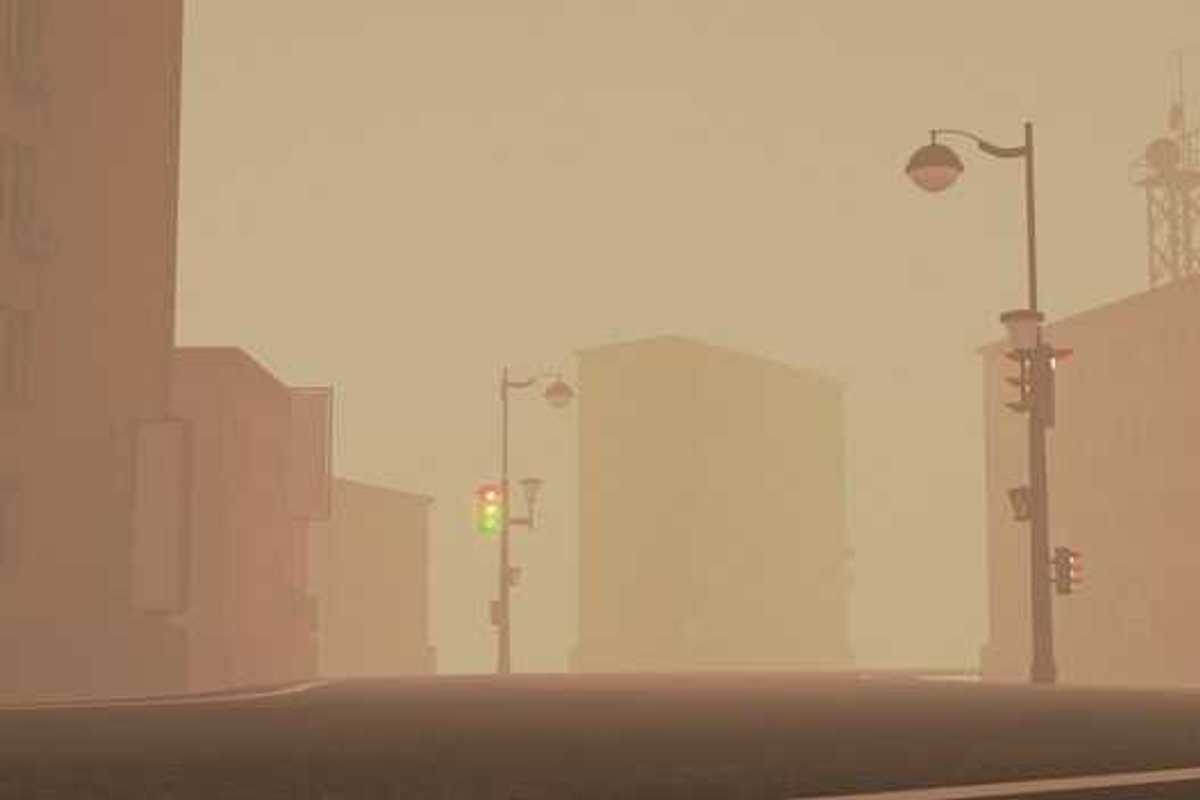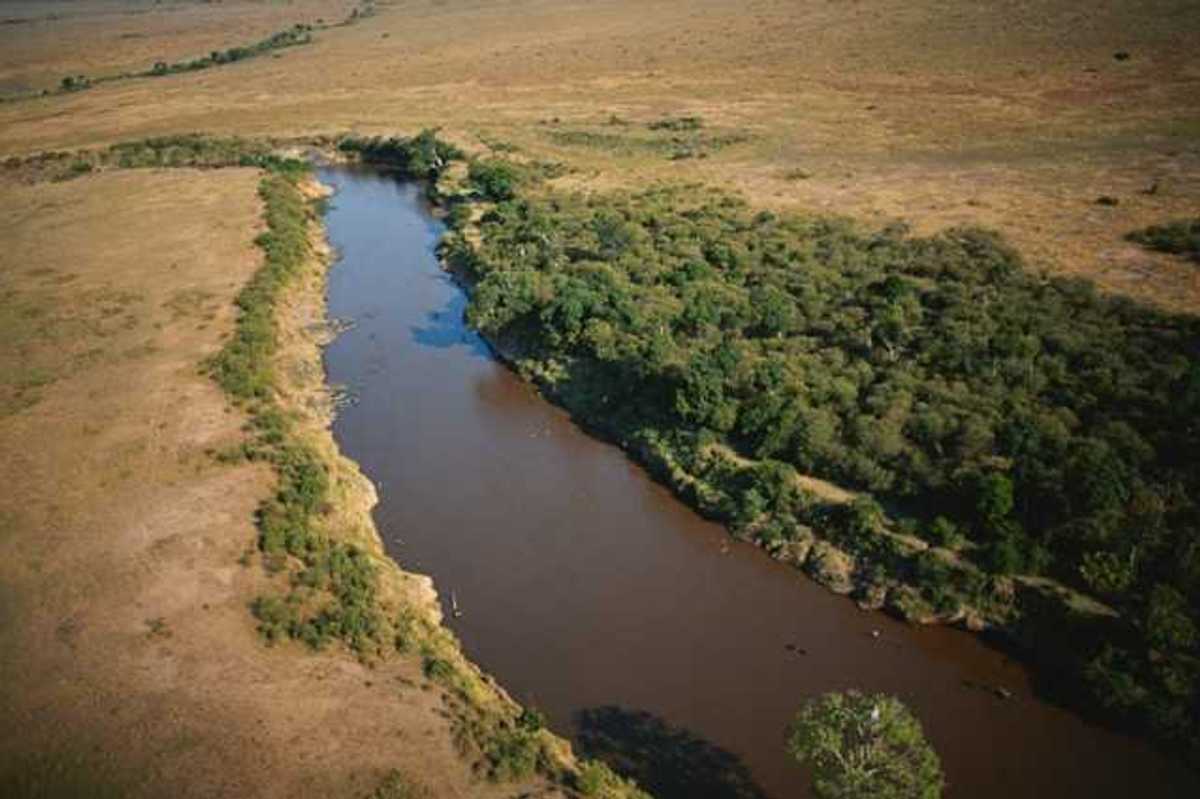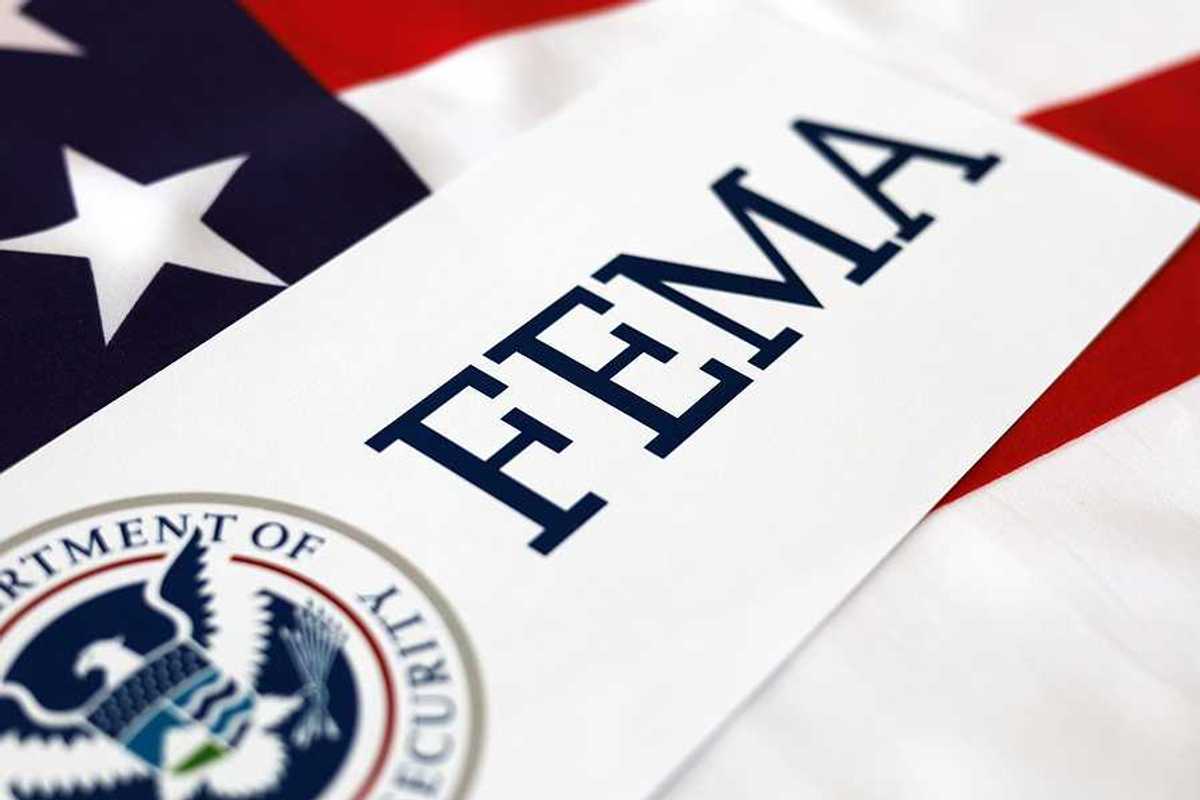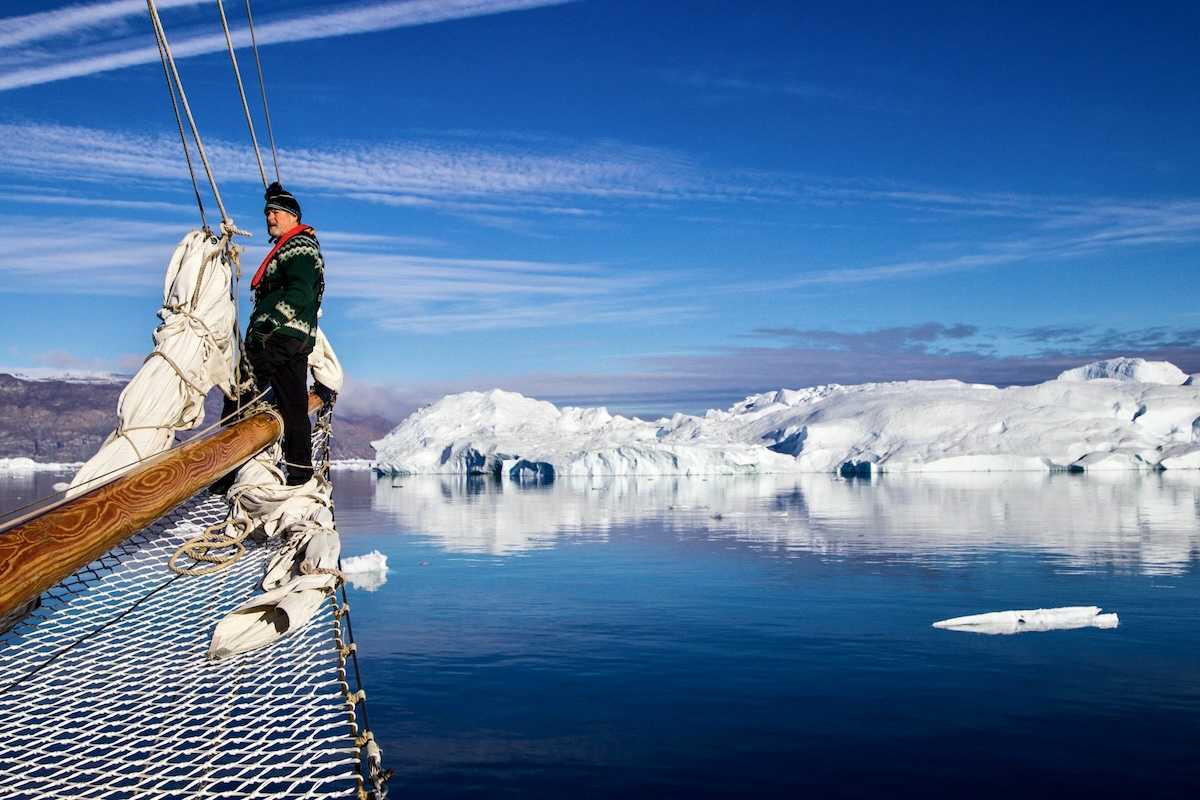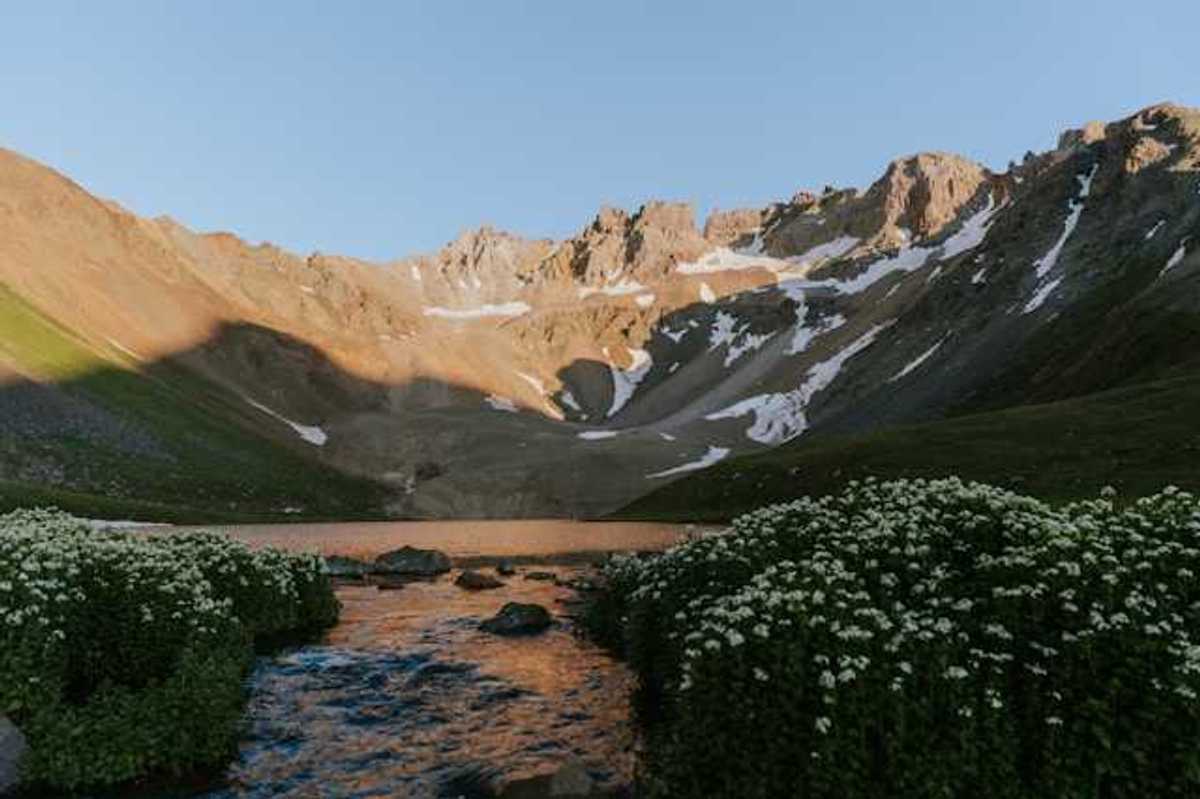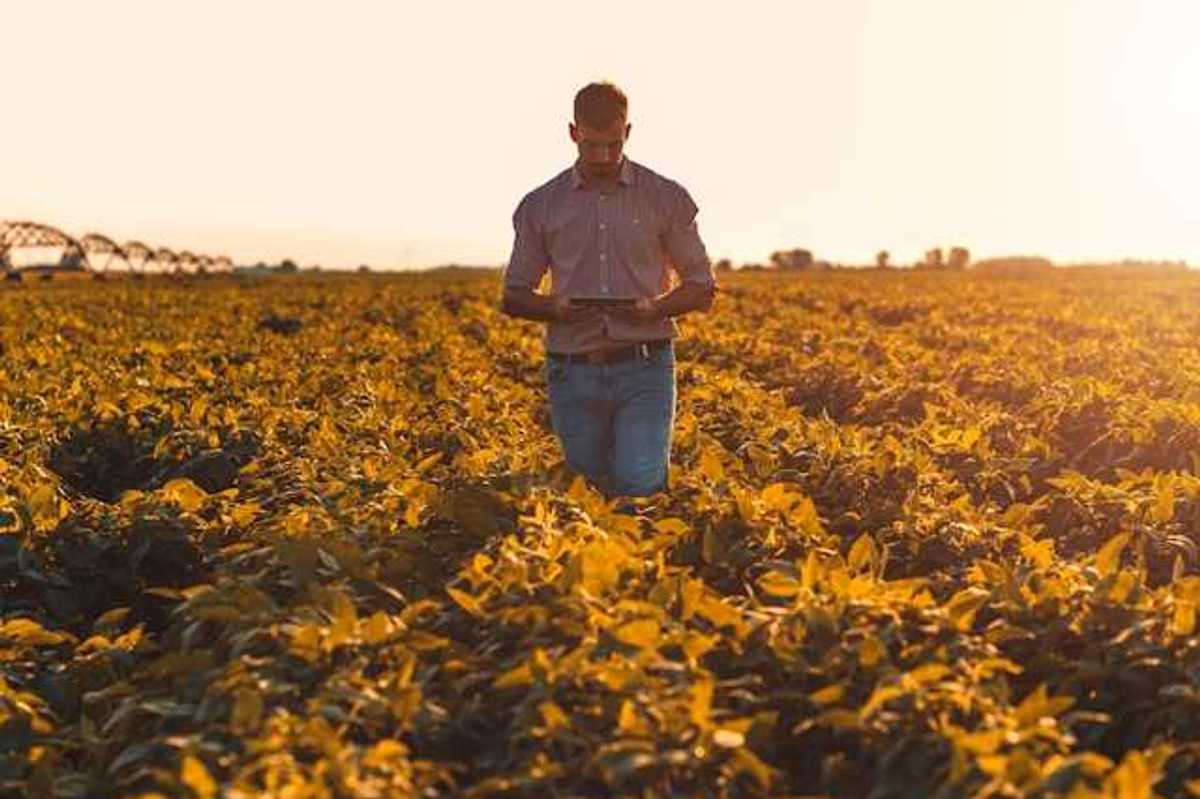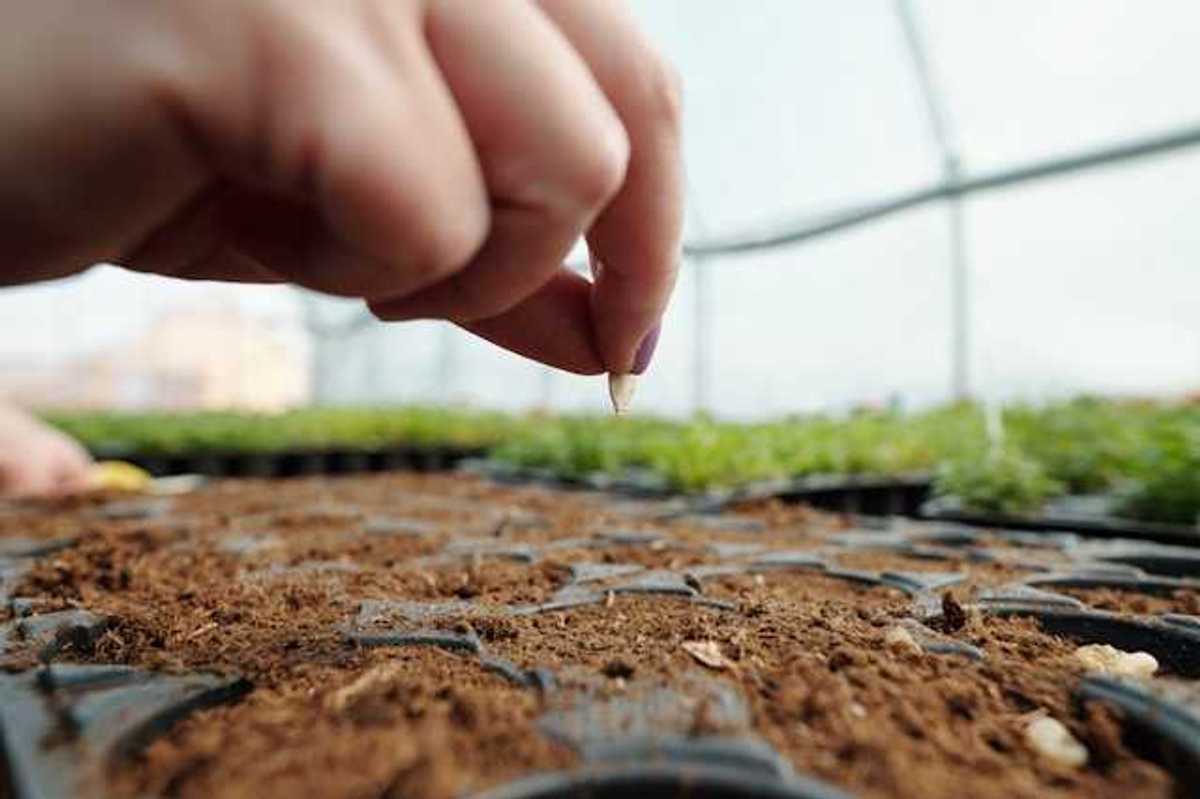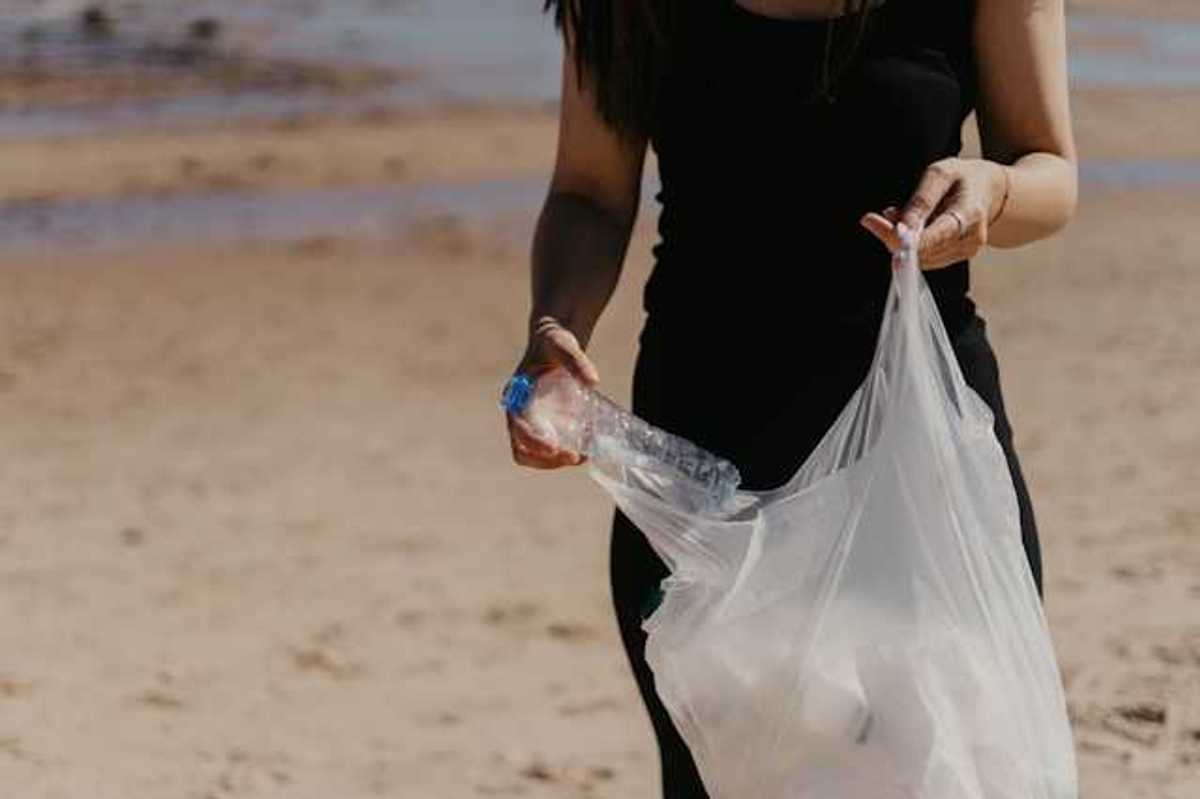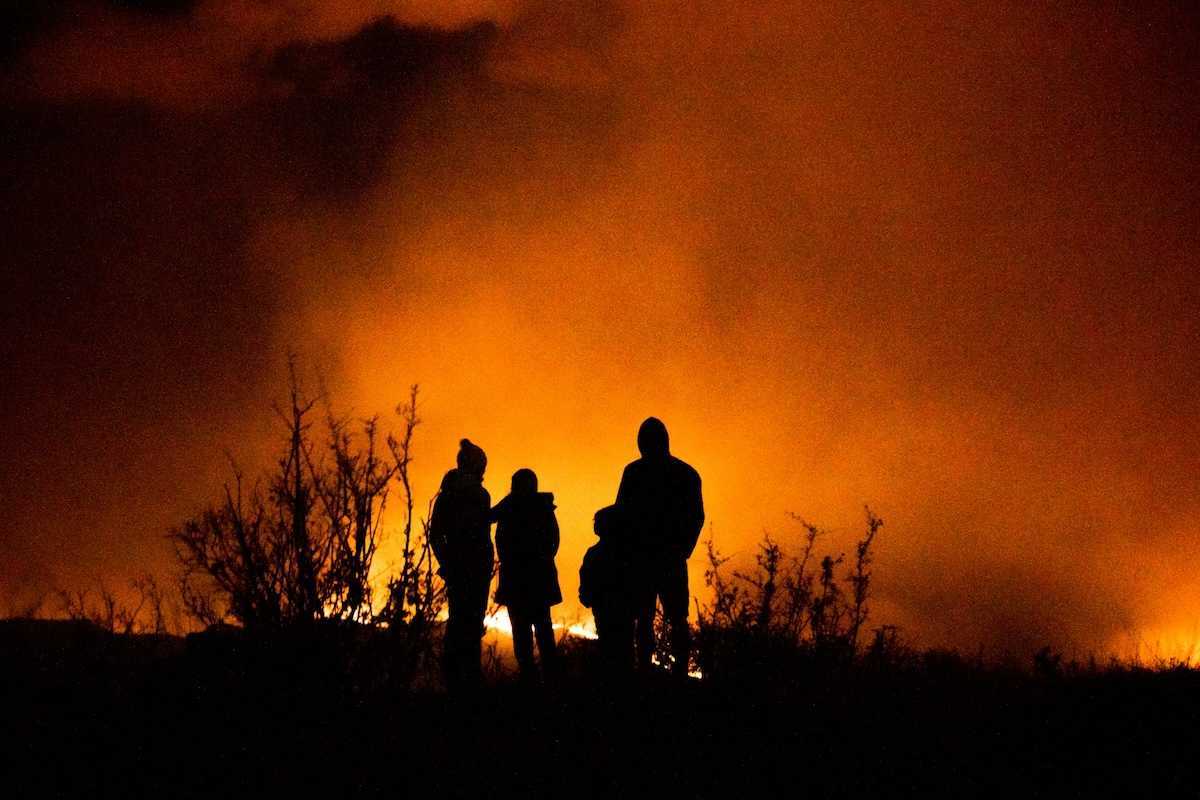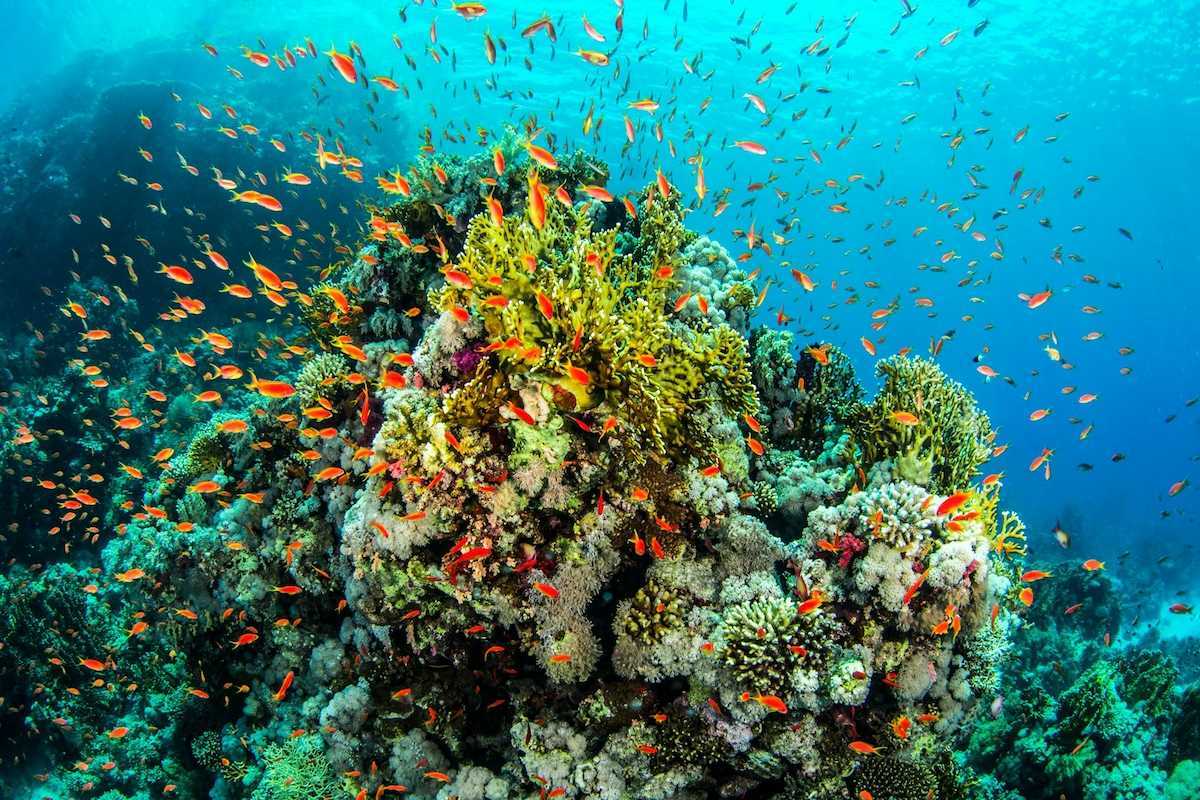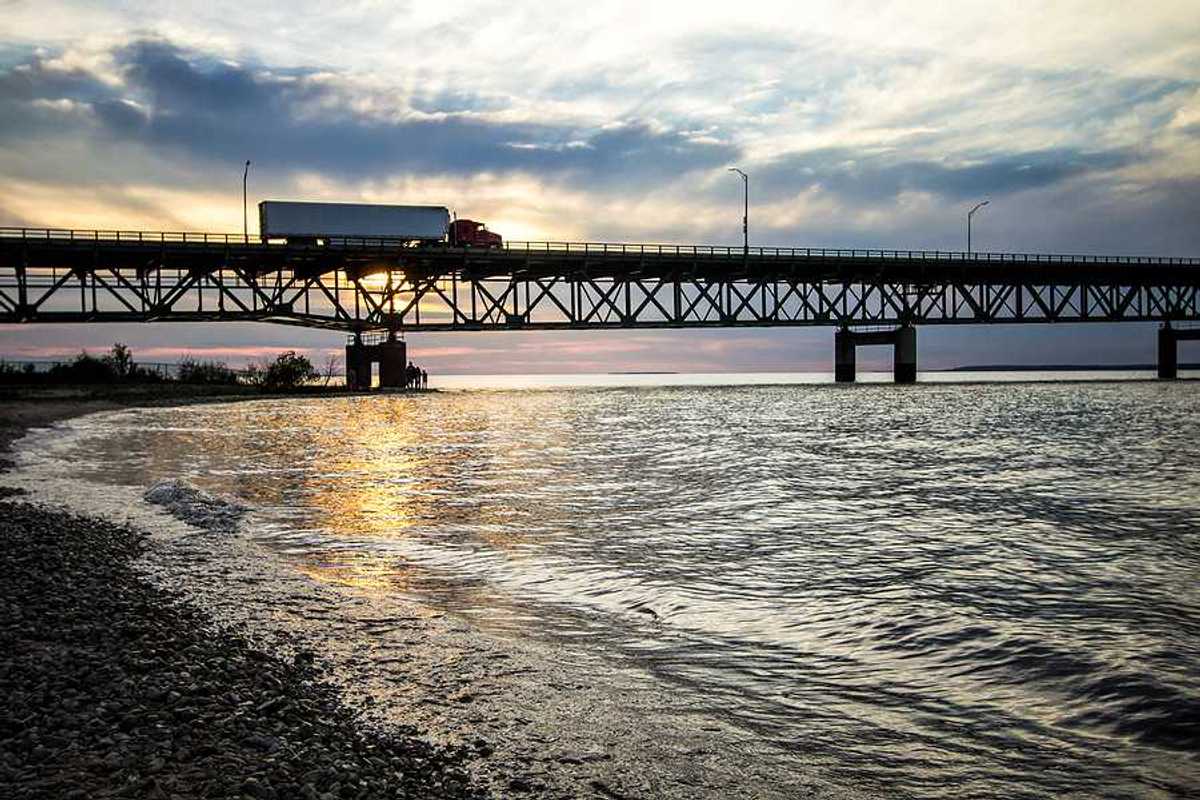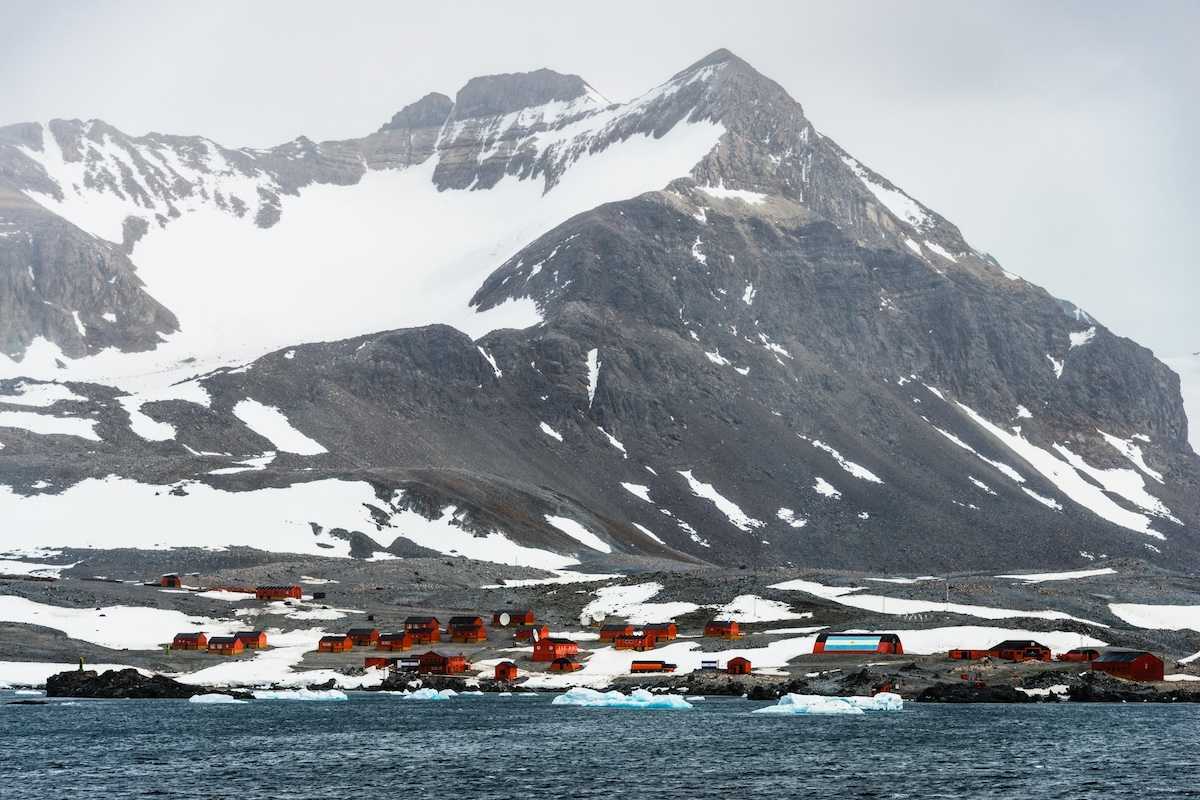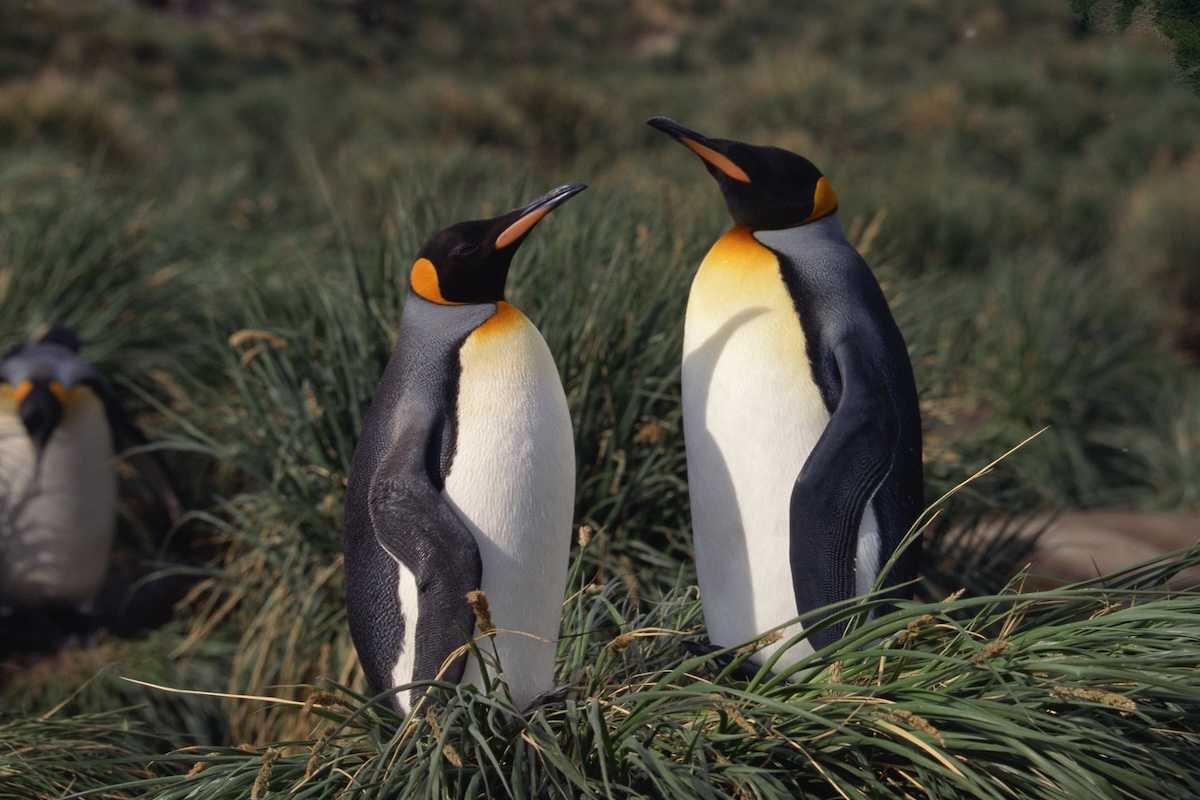A massive plume of Saharan dust is currently sweeping across the Mediterranean and into Western Europe, bringing with it orange sunsets, hazy horizons, and a fine layer of desert sand that will coat everything from windscreens to solar panels.
Impacts
Brazil bet big on a mega river dam using old data, but climate change is leaving its massive turbines high and dry.
Though tech companies are secretive about water usage, Arizona’s 150-plus data centers and chip factories use a tiny fraction of its supply.
The report says more than 1,000 Federal Emergency Management Agency contracts, grants or disaster aid awards have been delayed or remain pending, including for victims of July’s deadly flooding in Texas and Hurricane Helene in 2024.
Greenland’s fishermen are struggling as warming weather from climate change makes the sea ice unreliable and the fish harder to predict.
Low-elevation snowfall hit new record lows and temperatures soared to new highs at almost every station in the state.
The U.S. Department of Agriculture has agreed to share key datasets behind its climate risk tools after environmental and farming groups sued over the removal of climate-related webpages.
Conservationists are struggling with their mental health for many reasons, but one of the largest is watching ecological destruction in real time.
As wildfires and extreme weather intensify, a coalition led by the Chicago Botanic Garden is working to shore up the Midwest’s dwindling supply of native seeds.
Lynn Tremain's Lake Huron cleanup has evolved into citizen science, highlighting the growing threats of microplastics, invasive species and climate change on the region’s fragile freshwater ecosystem.
We heard from more than 40 current and former emergency managers in 11 states about what they need to prepare for the next disaster — and what they aren’t getting.
Canned fish has one of the smallest carbon footprints among animal proteins — but sourcing it is getting harder with climate change.
The stocky, dancing bird that populates prairies across five states lost its federal protections — not because its habitats have dramatically improved, but because a Texas court sided with energy and livestock groups.
Proposed Endangered Species Act rollbacks and military expansions are leaving the Pacific’s most diverse coral reefs legally defenseless.
he Supreme Court heard arguments this week over whether Enbridge can move Michigan’s lawsuit to shut down the Line 5 oil pipeline from state to federal court, a procedural battle that could shape the future of the aging pipeline beneath the Great Lakes.
Mining is banned on the frozen continent. But new research suggests that could change as ice melts and land and valuable minerals are exposed.
Ice loss in the Antarctic Ocean may be killing the sea birds during their molting season.
Centuries-old wells restored to provide drinking water as parts of the country head towards “day zero” when no water will be available.
Journalism that drives the discussion
Copyright © 2017 Environmental Health Sciences. All rights reserved.
Copyright © 2017 Environmental Health Sciences. All rights reserved.

